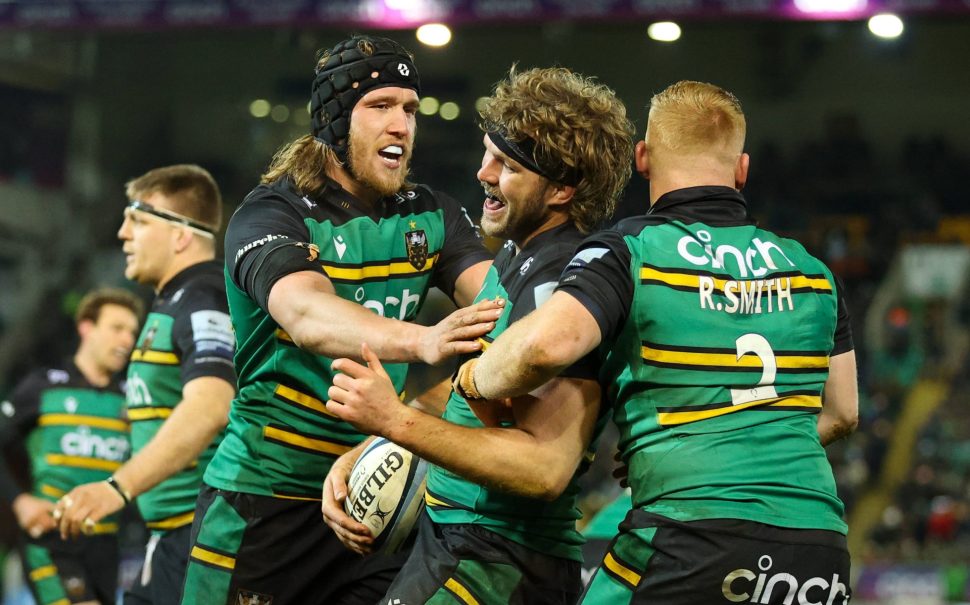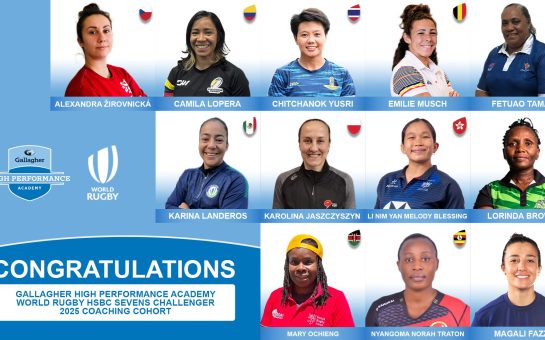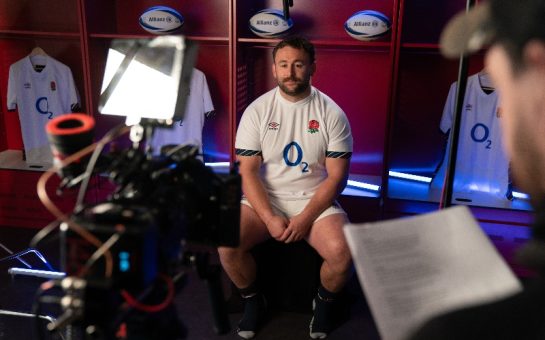It is an accepted truth that defence wins championships, but Northampton Saints are bidding to prove there is more than one way to silverware after booking their place in the Gallagher Premiership Rugby semi-finals.
Friday evening’s 66-5 victory over Newcastle Falcons, combined with London Irish’s defeat to Saracens on Sunday, clinched a place in the top four for the second season running for Saints.
They have done it in a particularly unusual way. While they conceded just five points on Friday, in their final regular season game, Saints are still on course for the league’s worst defence, having conceded 611 points in 20 matches.
In fact, their 30.55 points conceded a game is a total that has been topped just four times in the past decade. The most successful of those four teams was Bath Rugby last season, who finished 11th. Every other team conceding as often finished bottom of the table.
What Saints have in their favour, is their attack.
They averaged 31 points scored per game – only Saracens have been better, while their 84 tries lead the league and will likely do so after the final round (Harlequins are on 76 and Saracens on 73).
There is no question that Saints can score points. Now they need to prove that they can score more than their opponents in a knockout encounter.
A quick look back at which teams have become champions over the past decade does not necessarily plead in Saints’ favour.
Of the previous ten champions, only one did not have a top four defence in terms of points conceded, and seven of those finished the regular season in the top two for points conceded.
What is more promising for Saints is that on the other side of the ball, over that period no team has been crowned champions without finishing as one of the top three highest points-scorers.
So how could Northampton buck the defensive trend?
Well, there is one prior example in whose footsteps they could hope to follow – and it is one of the more memorable champions of recent years.
Two years ago, Harlequins finished fourth at the end of the regular season, grabbing the final semi-final place, thanks in large part to their outstanding attack that saw them racked up 703 points in 22 matches.
That gave them the best attack in the league, but their 564 points conceded was only good enough for ninth best – and was just three points better than bottom side Worcester Warriors.
Given that porous defence, few expected them to come through to knockout games, even less so when they trailed 28-0 to Bristol Bears, who had finished the season top of the table.
Of course, Quins famously turned that around for a 43-36 victory in extra-time, before stunning defending champions Exeter Chiefs 40-38 in a thrilling Twickenham final.
So Saints have the blueprint. They will almost certainly have to travel to take on the league’s top side Saracens in the semi-final – unbeaten at the Stone X Stadium this season, and could conceivably face the defending champions in the final – if Leicester Tigers emerge victorious from a likely trip to Sale Sharks in the last four.
A trip to north London is daunting. Saracens simply do not lose there, but Saints pushed them as close as anyone this season.
Back in November, they led by 22 points with 20 minutes remaining before a ferocious Saracens comeback in a 45-39 success, Elliot Daly’s late try completing the unlikely turnaround.
Saracens were without the likes of Owen Farrell and Maro Itoje that day, and it would be a surprise if Saints can open up as big an advantage in the semis.
But there is no question that they can score points against anyone. They just need to show that, like Harlequins, there is a winning formula for teams who ship points but score more.
One of the most dramatic Premiership seasons in history reaches its climax at Twickenham on May 27. Tickets to the Gallagher Premiership Rugby Final 2023 are still available here.






Join the discussion
Just one flaw in the whole article. The year that Quins won the championship they did not have to face Saracens at all.
In the league, Quins or Saints have not beaten Saeacrns for 5 years. Points might win prizes, but only on gameshows